Black pepper, often dubbed the “king of spices,” holds a revered spot in kitchens worldwide. Its piquant flavor and fragrant aroma have made it a staple in dishes from every corner of the globe. But with such ubiquity comes a question many overlook: “Do black pepper expire?” As we dive into this guide, we’ll uncover the shelf life of this prized seasoning and explore ways to ensure its lasting freshness.
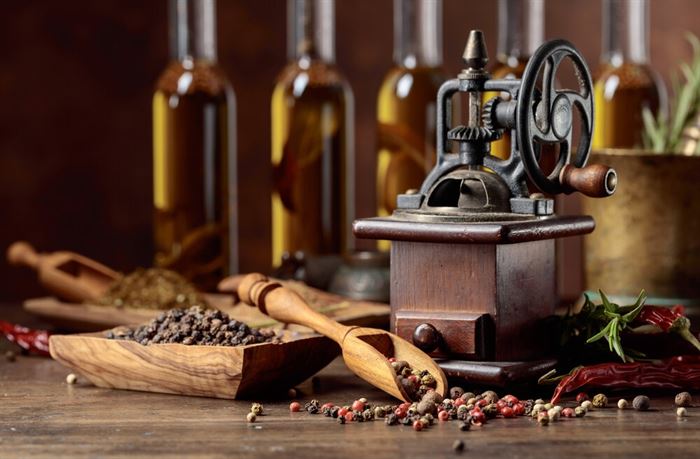
Contents
Understanding Black Pepper’s Shelf Life
Natural Composition and Its Significance
Black pepper, derived from the dried fruit of the Piper nigrum plant, is packed with essential oils, notably piperine. This compound not only gives the spice its distinct kick but also plays a role in its preservation. Understanding its inherent makeup is crucial when discussing its expiration.
Ground vs. Whole Peppercorns: How Long Do They Last?
While whole peppercorns can retain their zest for up to 4 years, their ground counterpart has a shorter lifespan, often lasting about a year. The increased exposure to air in ground form accelerates the loss of its aromatic oils.
Factors Impacting Pepper’s Longevity
The durability of this beloved spice is influenced by several elements, including storage conditions, humidity, and light exposure. Ensuring optimal conditions can significantly extend its potency and freshness.
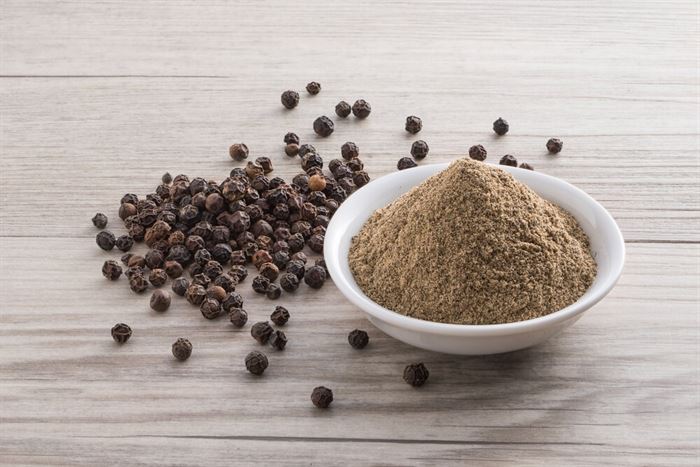
Black Pepper Storage Tips
The Key to Prolonged Freshness: Proper Storage
Maximizing the shelf life of our cherished spice hinges on one pivotal factor: storage. Correctly storing black pepper ensures you’re treated to its rich flavor and aroma every time you use it.
Choosing the Right Container
To preserve its zest, it’s essential to store black pepper in airtight containers. Glass or ceramic jars with tight-sealing lids are ideal. These materials prevent moisture and external odors from compromising the spice’s integrity.
Setting the Perfect Environment
Temperature, humidity, and light play pivotal roles in pepper’s preservation. A cool, dark place, away from direct sunlight, is optimal. Moreover, areas with consistent low humidity prevent the formation of mold, further ensuring the spice’s longevity.
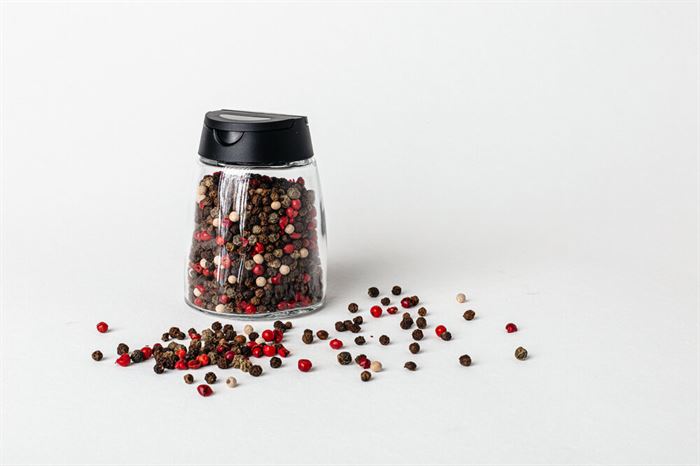
Pro Tip: The Freshly Ground Advantage
For those seeking an unparalleled burst of flavor, consider storing whole peppercorns. Grinding them just before use releases their aromatic oils, offering a fresher and more potent taste. This practice not only provides culinary benefits but also prolongs the life of the peppercorns.
Recognizing the Signs of Spoiled Black Pepper
Potency Loss vs. Spoilage: Knowing the Difference
As time passes, black pepper may lose some of its robustness, resulting in a milder flavor profile. However, this reduction in potency doesn’t necessarily mean the spice has spoiled. True spoilage involves more drastic changes, affecting both its safety and overall appeal.
Visual Indicators: More Than Meets the Eye
A fresh batch of this spice exhibits a rich, dark hue. Over time, exposure to elements can lead to a faded appearance. Beyond color, be on the lookout for mold, clumps, or any foreign particles — clear signs that your pepper may have seen better days.
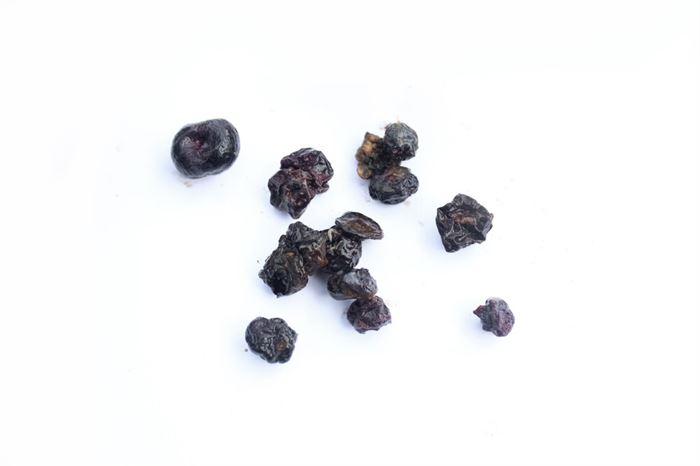
Trusting Your Nose: The Aroma Tells a Tale
A potent and characteristic scent is synonymous with fresh black pepper. If the aroma becomes weak, musty, or altogether absent, it’s a signal that the seasoning might be past its prime.
The Taste Challenge: A Double-Edged Sword
While sampling is a direct way to assess freshness, exercise caution. If visual and olfactory cues suggest spoilage, avoid tasting. Consuming tainted pepper can be unpleasant at best and harmful at worst.
Fresh vs. Expired: A Comparative Analysis
Flavor Evolution Over Time
When fresh, black pepper graces dishes with a bold, peppery kick. As it ages, this vibrant profile gradually diminishes, leading to a less pronounced taste. The stark contrast between the fiery bite of fresh pepper and the muted notes of an older batch is undeniable.
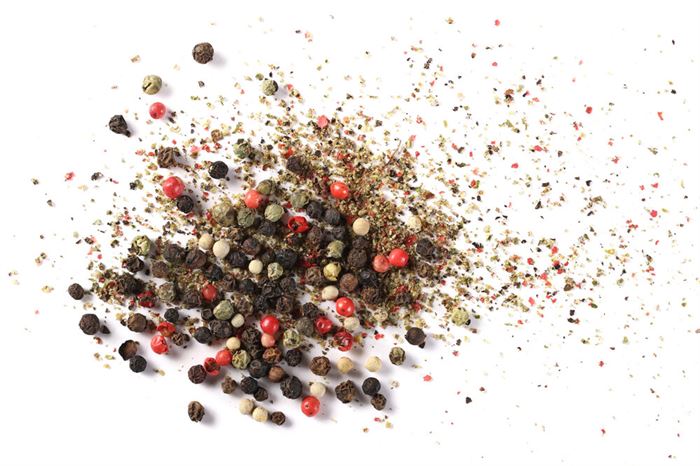
A Tale of Two Aromas
The aroma is often the first hint of a spice’s freshness. Newly-ground pepper releases a fragrant bouquet, invigorating and unmistakably pungent. In contrast, aged pepper might emit a subdued, less aromatic scent, hinting at its waning freshness.
Proceed with Caution: Potential Pitfalls of Expired Seasoning
While using stale pepper isn’t typically harmful, it can compromise dish quality. In rare cases, prolonged exposure to moisture might introduce mold, posing health risks. Always prioritize safety when in doubt.
The Verdict from the Experts
Top chefs and food scientists concur: while older spices won’t necessarily ruin a dish, they lack the vibrancy fresh counterparts bring. The consensus? For the best culinary experience, ensure your spices, especially black pepper, are as fresh as possible.
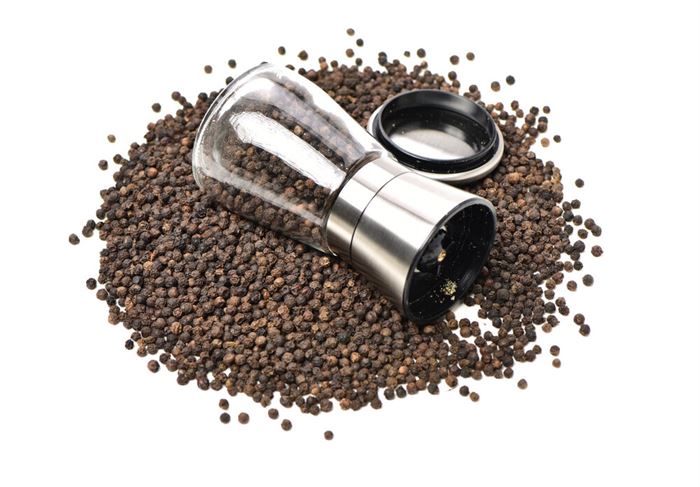
Conclusion
Understanding the lifespan of black pepper is pivotal for every culinary enthusiast. This cherished spice, with its distinct kick and aroma, plays a crucial role in dishes worldwide. As we’ve discovered, its vibrancy can be maintained with proper care and storage.
To ensure every meal reaches its full flavor potential, it’s paramount to regularly inspect our seasonings. Adopting good storage habits not only safeguards the potency of our pepper but also elevates our culinary creations. So, as you reach for that pepper mill or jar, take a moment to ensure you’re adding only the freshest touch to your dishes.


